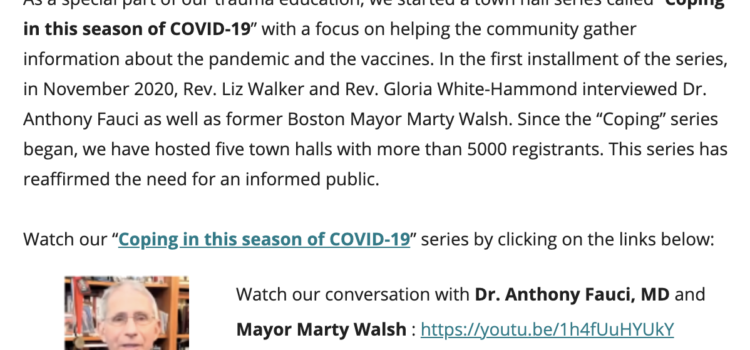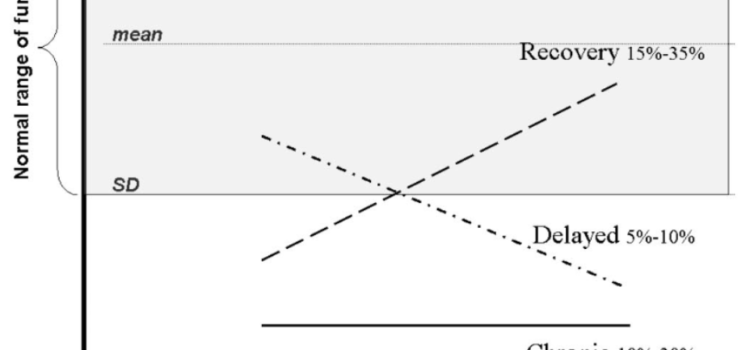For the last 25 years, there has been progressively greater interest, from clinicians as well as researchers, in the prevention of psychotic illnesses such as schizophrenia. As a result, programs have been established worldwide to treat young people who are at higher risk for developing psychosis, often referred to as “clinical high risk.” This summer, the Resilience and Prevention Program and the Psychosis Clinical and Research Program of the Massachusetts General Hospital Department of Psychiatry partnered to create the Resilience Evaluation-Social Emotional Training (RE-SET) Program. RE-SET is a specialized outpatient program…
Introducing RE-SET: A New Program for Young People with Risk Factors for Psychosis and Related Conditions





